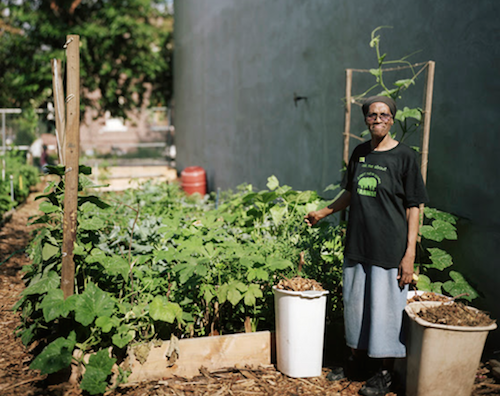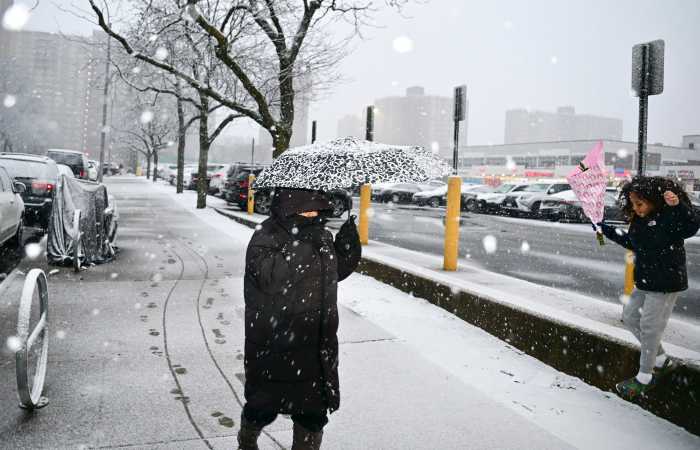The backers of a Brooklyn Borough President Eric Adams and City Council Member Rafael Espinal Jr. (D-Bushwich, East New York) proposed bill to create a comprehensive Urban Agriculture plan are now trying to stop the revised measure because it isn’t going far enough.
But both Adams and Espinal, who are both major backers of plans to expand and strengthen urban farming citywide as a means to ensuring access to fresh and local food, job creation, and environmental and social resiliency, say the revised measure is a good start.


The two Brooklyn lawmakers first introduced the bill, Intro #1661-A, in July, which originally called for the Department of City Planning (DCP) to create a comprehensive urban agriculture plan for the city. The multi-pronged plan included a variety of methods to harness the global urban farming industry estimated at a value of $5.8 billion in the next five years across community and youth empowerment, economic development, health care, and land use policies.
Their bill, among other things, also proposed cataloguing existing and potential urban agriculture spaces, and identifying potential land use policies to promote the expansion of these practices across the city.
Adams and Espinal also committed $2 million in capital funding — $1 million each from their respective offices — toward the creation of an urban agriculture incubator in the borough.
But the city came back with a revised bill that the Design For Public Trust, who was instrumental in creating the original measure, finds far short of the original legislation, and have started an online petition to put the original language back in the bill when it comes up for a City Council vote Monday.
According to the City Council website, the revised bill would require the City to develop an urban agriculture website to promote the expansion of urban agriculture in the City. The website would be required to be active by July 1, 2018, and DCP, the Department of Small Business Services, and the Department of Parks and Recreation would all be required to prepare content for the website.
Both Espinal and Adams are asking the group to be more patient as the wheels of the legislative process spin slowly while the urban farming movement continues to grow.
“We are racing against the reality that session will be over in a matter of days. Leaving us with little room for a better bill in the immediate future. I am deeply committed as I have been on other issues, to spending the first few months of my second term passing bills that will rapidly grow urban agriculture in NYC. This sector will be vital to providing healthy, locally-grown food to our communities, creating jobs and building a resilient environmentally-sustainable New York,” said Espinal.
“We must also not miss to recognize that for the first time, because of our bill, the city of New York is investing in creating a hub that will recognize the urban agriculture movement in our city. This is a small part of a much larger campaign and I look forward to working with all stakeholders going forward into the next session,” he added.
Adams said Intro 1661-A is the first step, and by no means the last step, to supporting broad-based growth of urban agriculture in New York City.
“Our work with community farmers, small business innovators, and urban planners like the Design Trust for New York City is far from over. Our full harvest is yet to come,” said Adams.










